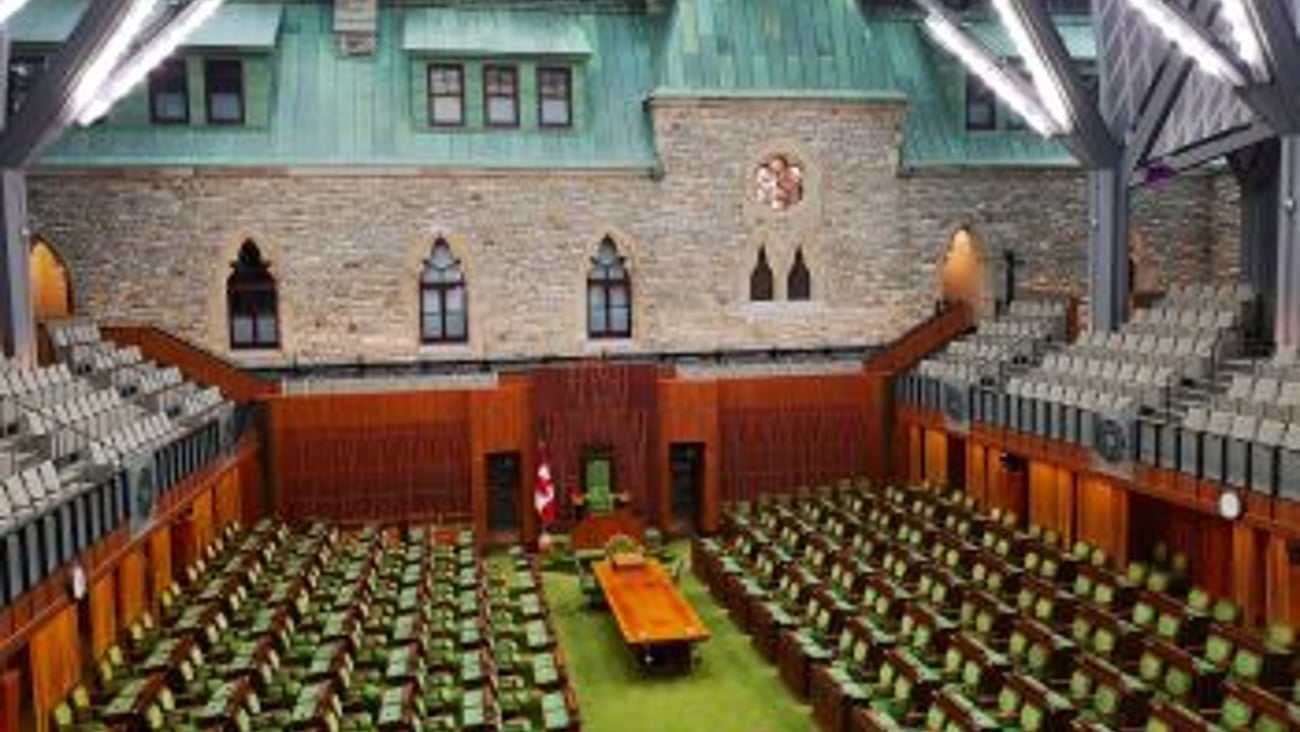Prohibition doesn’t work
With the overall goal of restricting youth access, some provincial governments, including Newfoundland
and Labrador, have floated the idea of implementing a generational ban on tobacco.
If adopted, this policy will make it illegal to sell tobacco products to anyone born after a set base year,
resulting in an eventual overall prohibition of tobacco products.
This radical approach is seen by advocates as a bold step in the fight against smoking-related illnesses,
which unquestionably claim lives each year in Canada and burden healthcare systems across the
country.
However, as history has proven, the likely success of such a strategy is doubtful due to a range of practical issues in addition to a lack of evidence-based efficacy.
Hardly Innovative
While advocates champion a generational tobacco ban as innovative thinking, history has proven that outright prohibition doesn’t work.
A Lack of Evidence-Based Efficacy
Globally, the concept of a generational tobacco ban lacks robust evidence to support its efficacy, or even its potential efficacy. No major studies or real-world examples have proven that targeting specific age groups and ultimately implementing tobacco prohibition can reduce smoking rates in the long term in a meaningful way. Existing tobacco control measures – such as modest taxation, public smoking restrictions, education campaigns, and smoking cessation support programs – have well-documented success backed by decades of research.
Without clear data on the effectiveness of a generational tobacco ban, implementing such a strategy is nothing more than blind hope and risks being more symbolic than practical, potentially diverting attention and resources from the proven strategies that can continue to more effectively reduce
tobacco use and its associated harms.
READ: Industry reacts as Health Canada bans convenience stores from selling nicotine pouches
A Declining Population of Youth Smokers
According to findings from the Canadian Student Tobacco, Alcohol and Drugs Survey 2021 – 22, the prevalence of “current smokers” among youth in grades 6 to 12 in Newfoundland and Labrador was 2.5%, which was slightly higher than the national average of 2%.
Compare this to findings from the 2014/15 survey where the prevalence of “current smokers” among youth in grades 6 to 12 was 6.6% and the national average was 3.4%. There is no question that government policy and programming, societal awareness and product preferences have had a material impact on reducing tobacco use among Newfoundland and Labrador youth.
The reality today is that tobacco is socially passé among a large majority of youth. Considering the clear and obvious movement by youth away from tobacco, the need for such a dramatic strategy like a generational tobacco ban is questionable.
Where are Youth Sourcing Tobacco Products?
According to findings from the Canadian Student Tobacco, Alcohol and Drugs Survey 2021/22, more than 85% of Newfoundland and Labrador youth who smoked one or more cigarettes in the past 30 days reported having obtained product from a source other than directly from a storefront retailer.
In fact, youth are sourcing products from a friend or someone else (26.3%), or being given them by a parent, sibling, friend, or someone else (33.4%). A generational tobacco ban clearly would not address the impact of non-retail Newfoundlanders and Labradorians on youth’s ability to obtain tobacco products.
Even more concerning is that any minor today with a debit or credit card can easily purchase illegal tobacco products online from Canadian websites and have them delivered, with no ramifications, by Canada Post.
The Community-Based Contraband Black Market
One of the most significant risks in implementing a generational tobacco ban would be the increased presence of contraband tobacco. Already as much as 40% of the market today in the province, a generational ban would supercharge this illicit market even further.
The prohibition era in the United States offers a historical perspective where alcohol became even more desirable as it was driven underground, leading to widespread illegal production and distribution.
There is no question at all that contraband tobacco sales are rampant in Newfoundland and Labrador with contraband holding a significant share of the total cigarette market; just look at the hugely disproportionate difference in tobacco tax revenue declines (down $70 million or 48% in four years) compared to the percentage of adult tobacco consumers in the province. Law enforcement has a hard enough time now controlling illegal tobacco trafficking: a generational tobacco ban would only add fuel to the fire. And if that isn’t concerning enough, remember that the bulk of contraband tobacco trafficking is controlled by organized crime and fully intertwined with illegal drug trafficking and weapon sales.
Refocus and Leverage the Proven Tools that are Working
Rather than introducing a generational tobacco ban, which is fraught with challenges and unknowns, policymakers should:
- focus on a comprehensive suite of proven existing strategies to reduce further the small percentage of current youth tobacco consumers and dissuade all future youth from tobacco trial and adoption; and
- focus on reducing the growing contraband market which provides youth with easy and unrestricted access to not only tobacco but other age-restricted products.
To address the proposed tobacco restrictions in Atlantic Canada, the CICC has launched a targeted social and digital advertising campaign centered around the key message, "Prohibition does not work." The campaign is aimed at key decision-makers, including premiers, ministers, health officials, and influential policymakers, with a primary focus on Newfoundland and Labrador, as well as Prince Edward Island.
Running from mid-September through the end of October, the campaign utilizes strategic platforms to maximize impact. LinkedIn enables precise targeting of political and policy influencers, while Meta's cost-effective advertising allows for broader audience retargeting. Additionally, regional news outlets like allNovaScotia.com will be leveraged to engage influential business and political readers across Atlantic Canada.
Prohibition doesn’t work.







